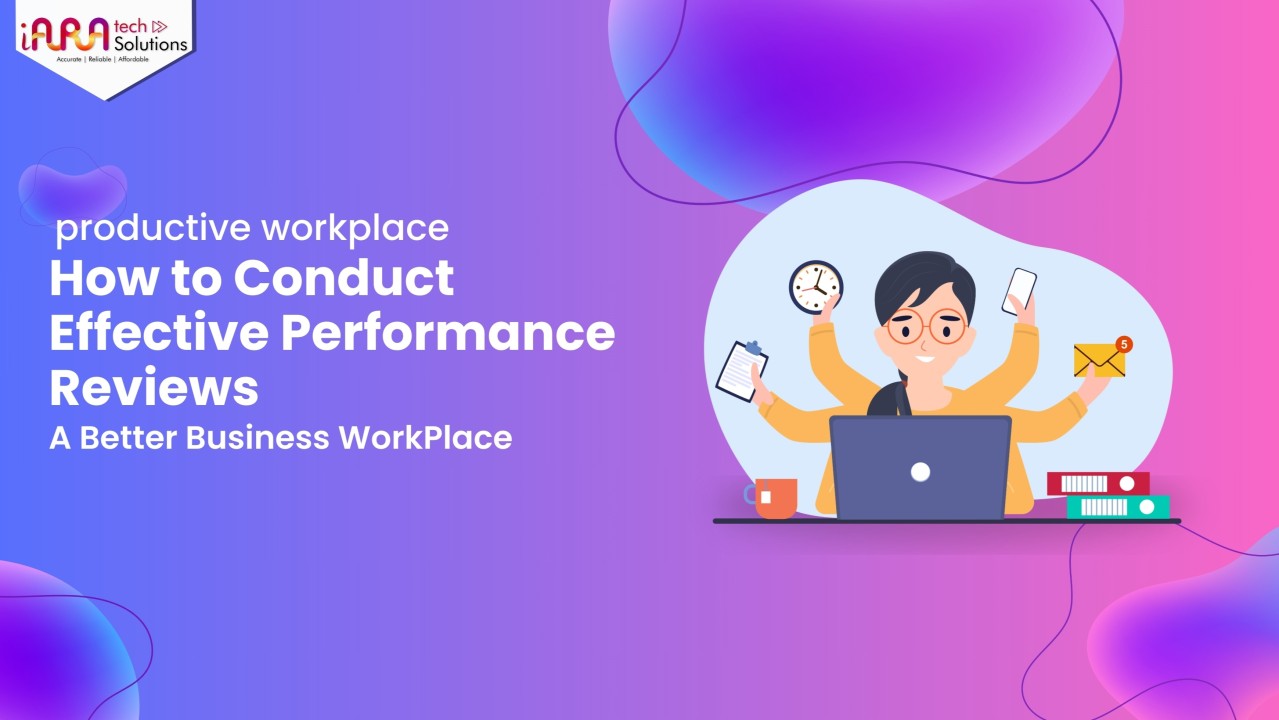
How to Conduct Effective Performance Reviews: A Human-Centered Approach
Subhash Singh
Co-Founder, MD at iARAtech Solutions | Team of 30+ Virtual Assistants | Experts in B2B Lead Generation | Web Research | Digital & Social Media Marketing | CRM | Advertising | Proud BNI Member
Performance reviews are probably one of the most feared and despised topics both by managers as well as employees. Still, they need not be this way either. In fact, they can become valuable conversations for the manager as well as the employee that make growth and motivation blossom. So, how do you ensure that performance reviews work and become humanized to the extent that your team does not fear having one? Let's get into a few key strategies.
1. Prepare is the Key
A performance review should not come as a surprise. As a manager, you should prepare yourself well for the meeting. Begin reviewing what the employee has accomplished, overcome, and learned during the review period. However, do not look at this solely through figures. Consider it as something involving the human aspect: Has the employee reflected personal resilience, creativity, or collaboration? Frequently these traits go completely unnoticed on paper but make a very big difference in real-life situations.
Tip: Tell people ahead of time what the metrics are so that employees know what criteria they will be evaluated against.
2. Positive Feedback
Feedback is a two-way street. While it's obviously important to be pointing out what needs to happen otherwise, it is equally important to point out what went well and where employees did strong work. Deliver criticism in such a way that is constructive and actionable. Do not tell someone what he did wrong, but rather how he may have done it better in the future.
Tip: Make use of the "praise sandwich": lead with something positive, include constructive feedback, and close with encouragement.
3. Foster Open Dialogue
Performances reviews should be conversations, not lectures. Engage employees to share their thoughts and feelings regarding their role, goals, and challenges that have appeared during the review period. Opening up dialogue fosters trust and will make this process more collaborative. By listening to them, they would accept all criticism and take it as a chance to grow.
领英推荐
Tip: Ask open-ended questions like, "What has been your experience with challenges?" or "How do you feel about your progress?"
4. Customized Development Plans
Every employee is unique: you discover their strengths and weaknesses, hopes and fears. There are more motivating reasons for development plans if they are customized to reach a specific goal. Show that you care about their personal and professional growth by collaborating with them on realistic, personalized goals.
Tip: Set a few tangible, measurable goals that are in line with the company's direction and with where the employee is headed in their career.
5. Follow Through
Follow-through reviews aren't a once-and-done thing. Continuous follow-throughs keep the momentum going and track progress on objectives set during a review. Meet and discuss with employees regularly to address issues and celebrate successes.
Tip: Schedule regular quarterly follow throughs so that ongoing feedback and support can be provided.
Conclusion: It's About Growth, Not Judgement
At its core, the performance review has everything to do with growth-be it for the employee or the organization. By keeping the process human-centered, by focusing it on open communication, and by personalizing development, you take what could easily be a dreaded event and turn it into something positive and motivating.